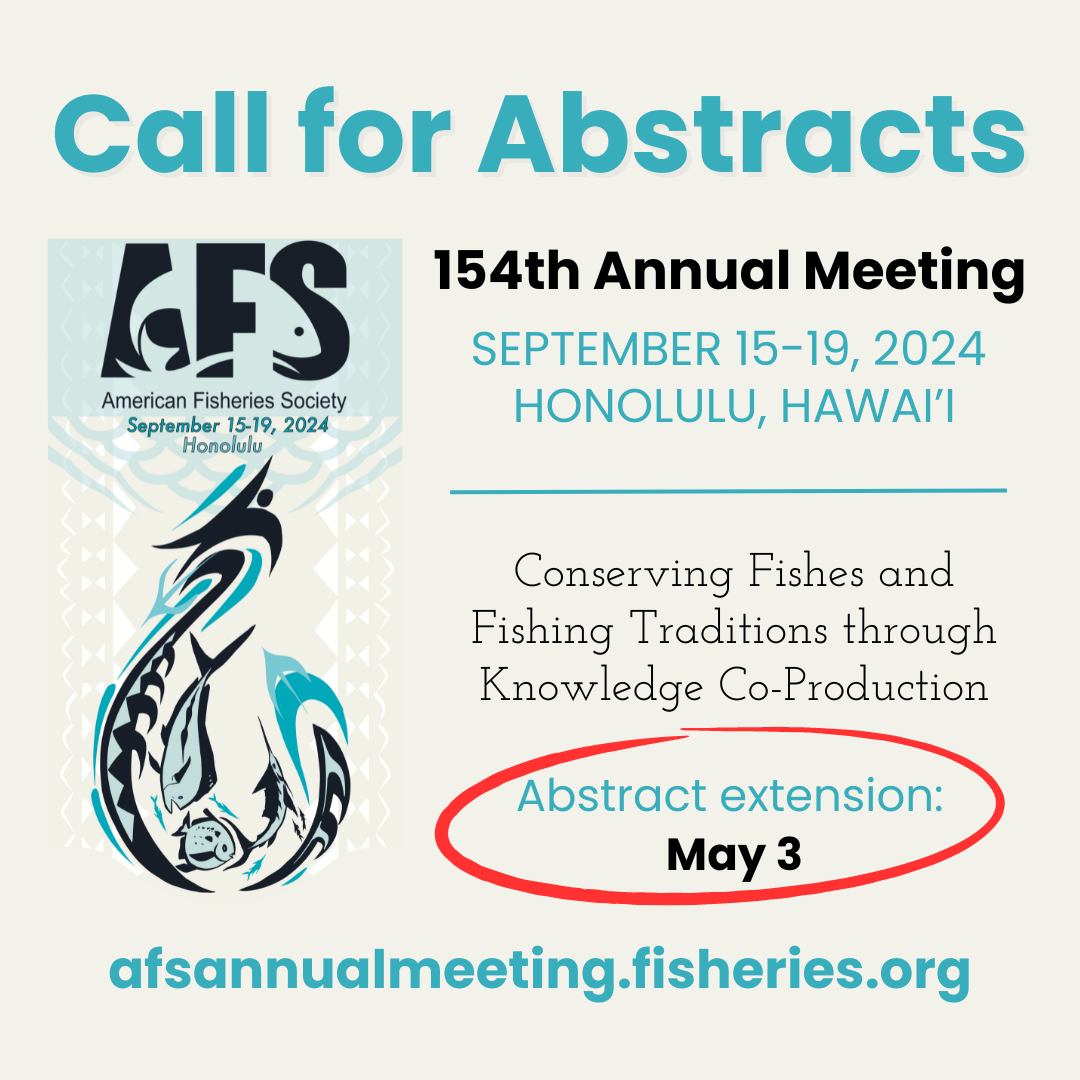On Tuesday, December 12, the Senate Commerce, Science, and Transportation Committee’s Subcommittee on Oceans, Atmosphere, Fisheries, and Coast Guard will hold a hearing titled “National Ocean Policy: Stakeholder Perspectives.” The hearing will examine the state of the National Ocean Policy and the program’s interaction with existing laws and regulations for ocean management.
In 2010, the Obama Administration issued an Executive Order creating the National Ocean Policy that set forth a vision for stewardship of our ocean, coasts, and Great Lakes. The policy sought to establish a science-based approach for federal, state, tribal, and local partners to better manage the competing uses in these regions and to increase efficiencies across the federal government and provide access to better data to support multiple industries. Twenty-seven federal agencies have some role in governing the oceans.
Pursuant to this order, the Interagency Ocean Policy Task Force was established and charged with developing recommendations to enhance the country’s ability to maintain healthy, resilient, and sustainable ocean, coast, and Great Lakes resources. The task force released the National Ocean Policy Implementation Plan in 2013, which translates the National Ocean Policy into on-the-ground actions in five categories, including ocean economy, safety and security, local choices, coastal and ocean resilience, and science and information, and sets forth a framework for coastal and marine spatial planning (CMSP) based on a comprehensive and integrated ecosystem-based management approach.
The House Natural Resources Committee examined the potential conflicts in the policy with other existing laws at a hearing in May 2016. According to the hearing memo, ecosystem-based management and CMSP policies could cause conflicting overlap with existing federal fisheries management and the Magnuson–Stevens Act. The water quality sustainable practices on land objectives could conflict with the Coastal Zone Management Act, Clean Water Act, and Clean Air Act, and the regional planning bodies established under the policy could interfere with private landowner uses and inland land-based activities such as agriculture, ports and navigation, and forestry. Legislation to accomplish a similar ocean policy had been introduced in multiple previous Congresses, but none of these bills were ultimately signed into law. Members of Congress are concerned that executive branch actions related to the National Ocean Policy have no specific statutory or constitutional authority.
A hearing memo for the December 12 Senate hearing was not available at the time of this writing. Check the hearing website for updates.
Invited witnesses include:
Ms. Bonnie Brady, executive director, Long Island Commercial Fishing Association;
Mr. Christopher Guith, senior vice president, Global Energy Institute, U.S. Chamber of Commerce;
Mr. Dan Keppen, executive director, Family Farm Alliance; and
Ms. Kathy Metcalf, president and CEO, Chamber of Shipping of America.
Hearing Details:
Russell Senate Office Building, Room 253
Tuesday, December 12, 2017 at 2:30 p.m.
The hearing can be viewed here.





